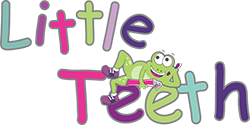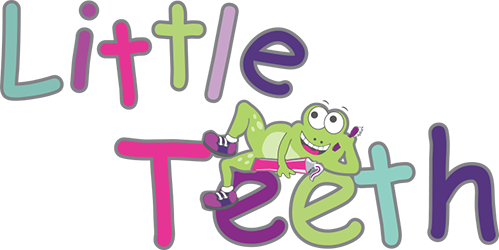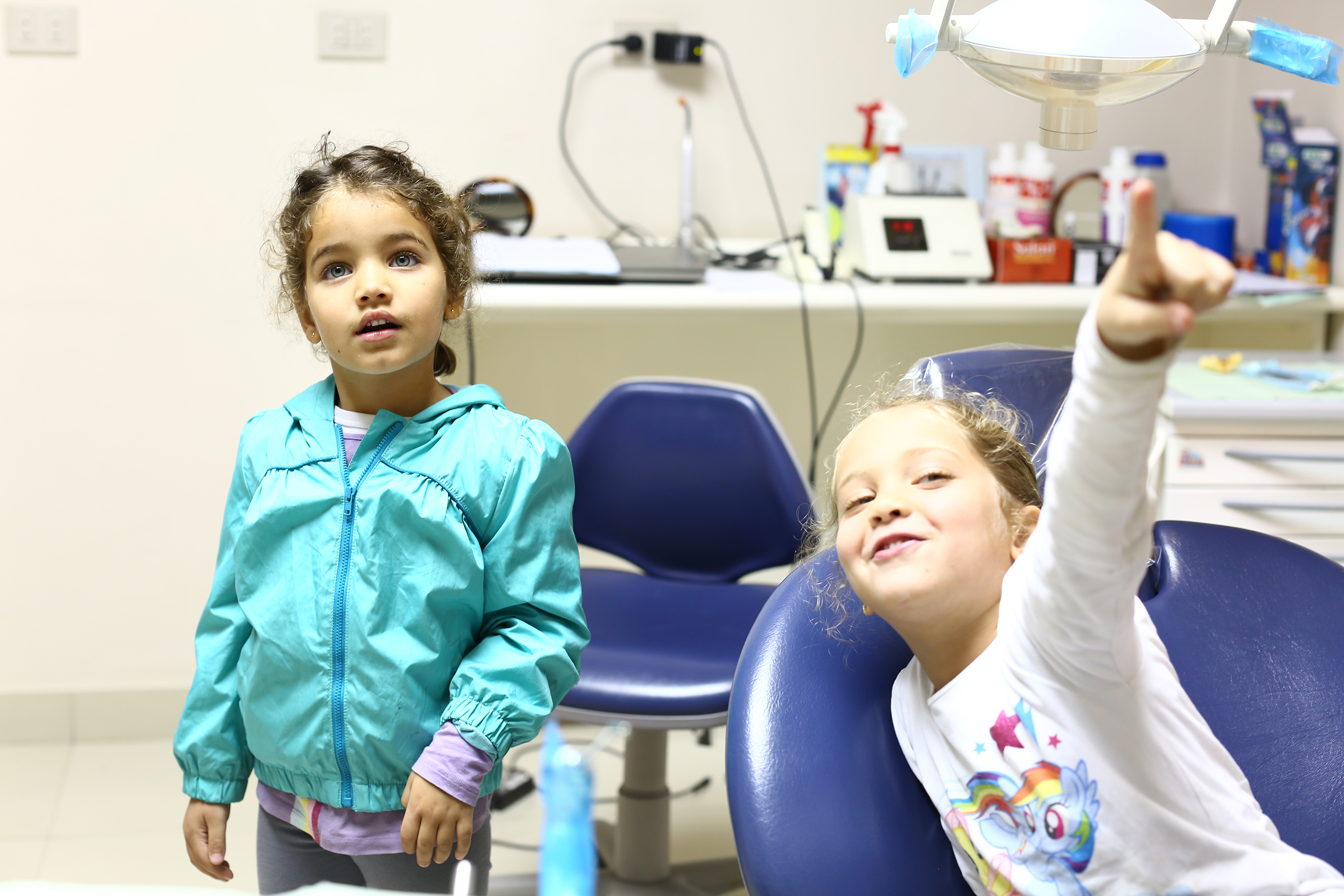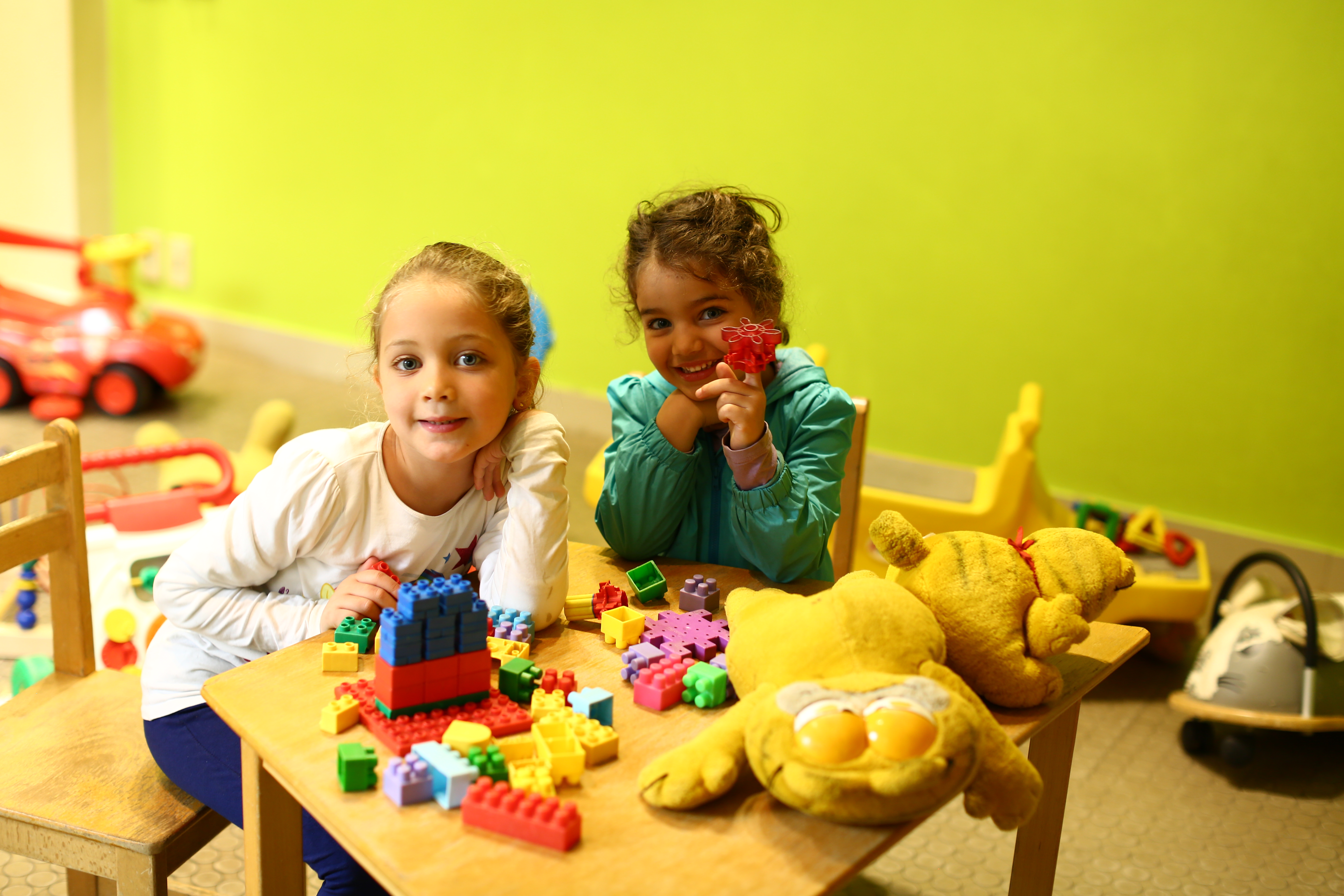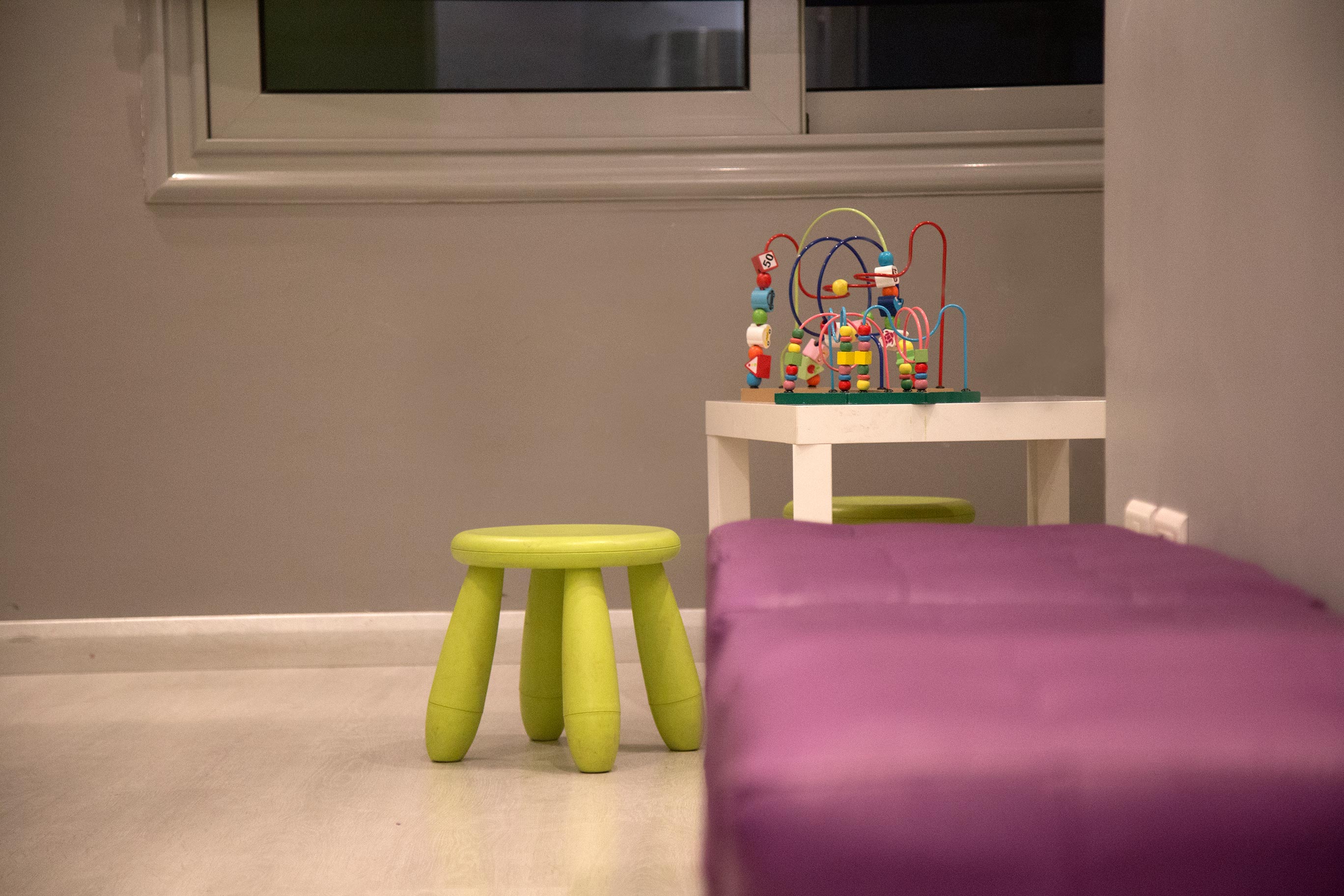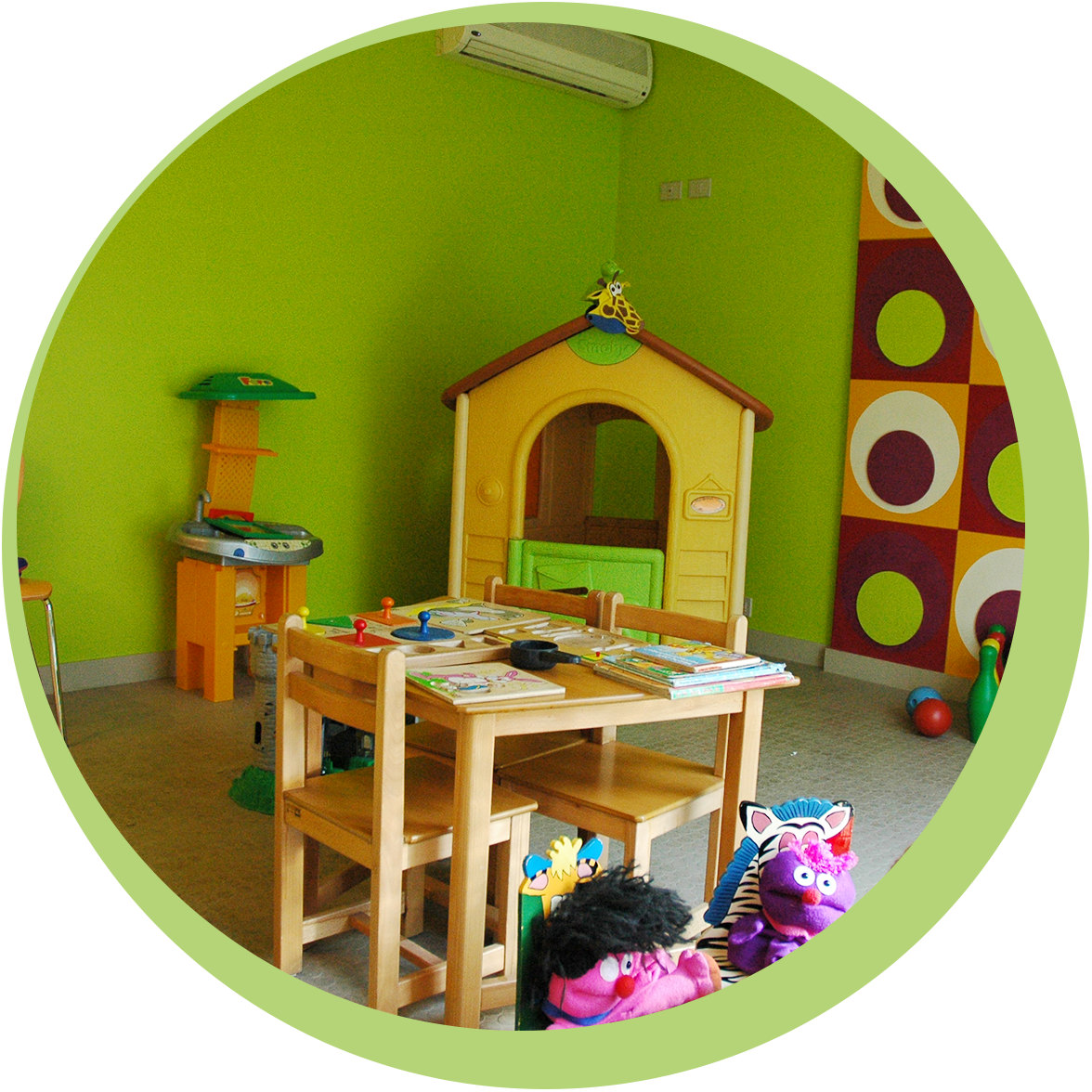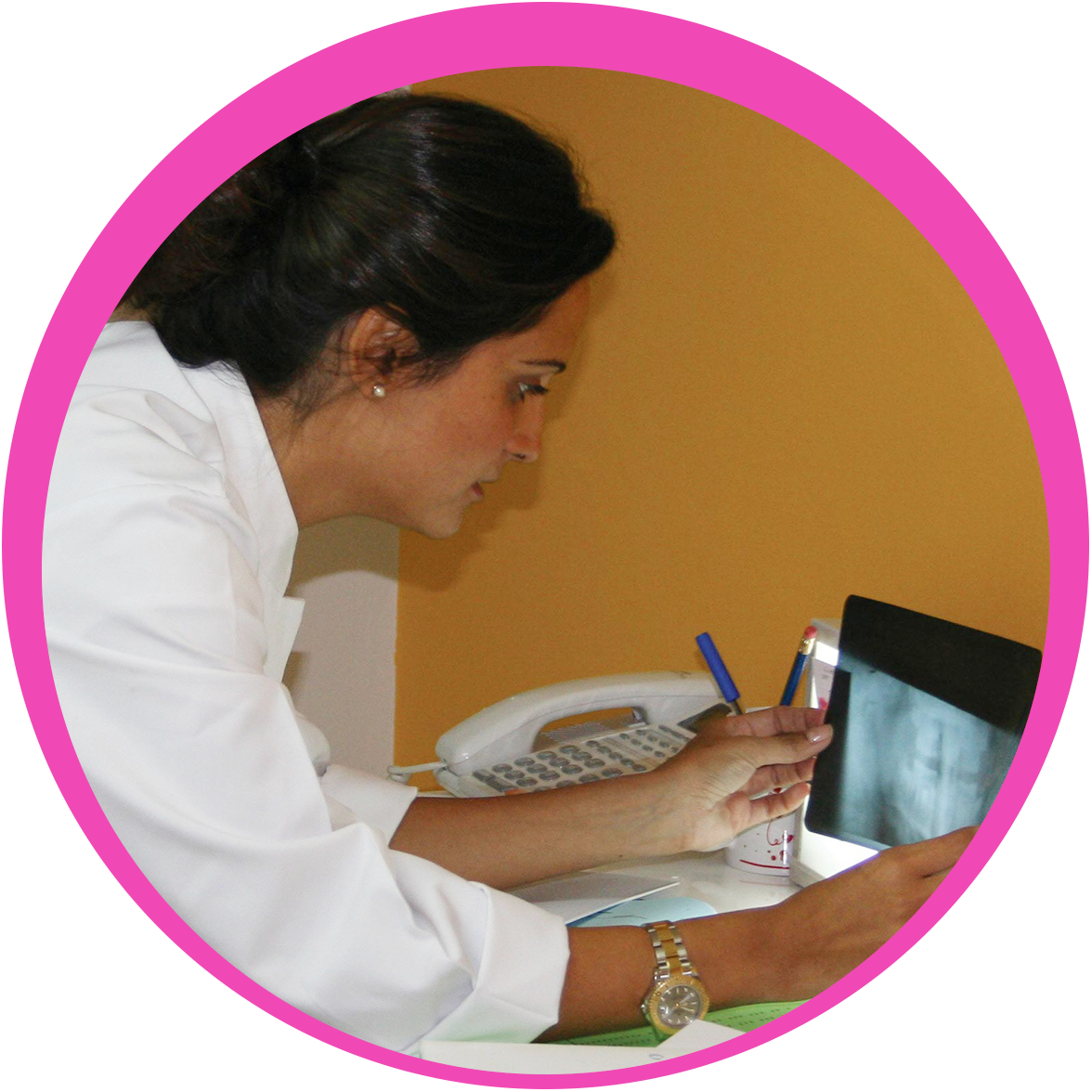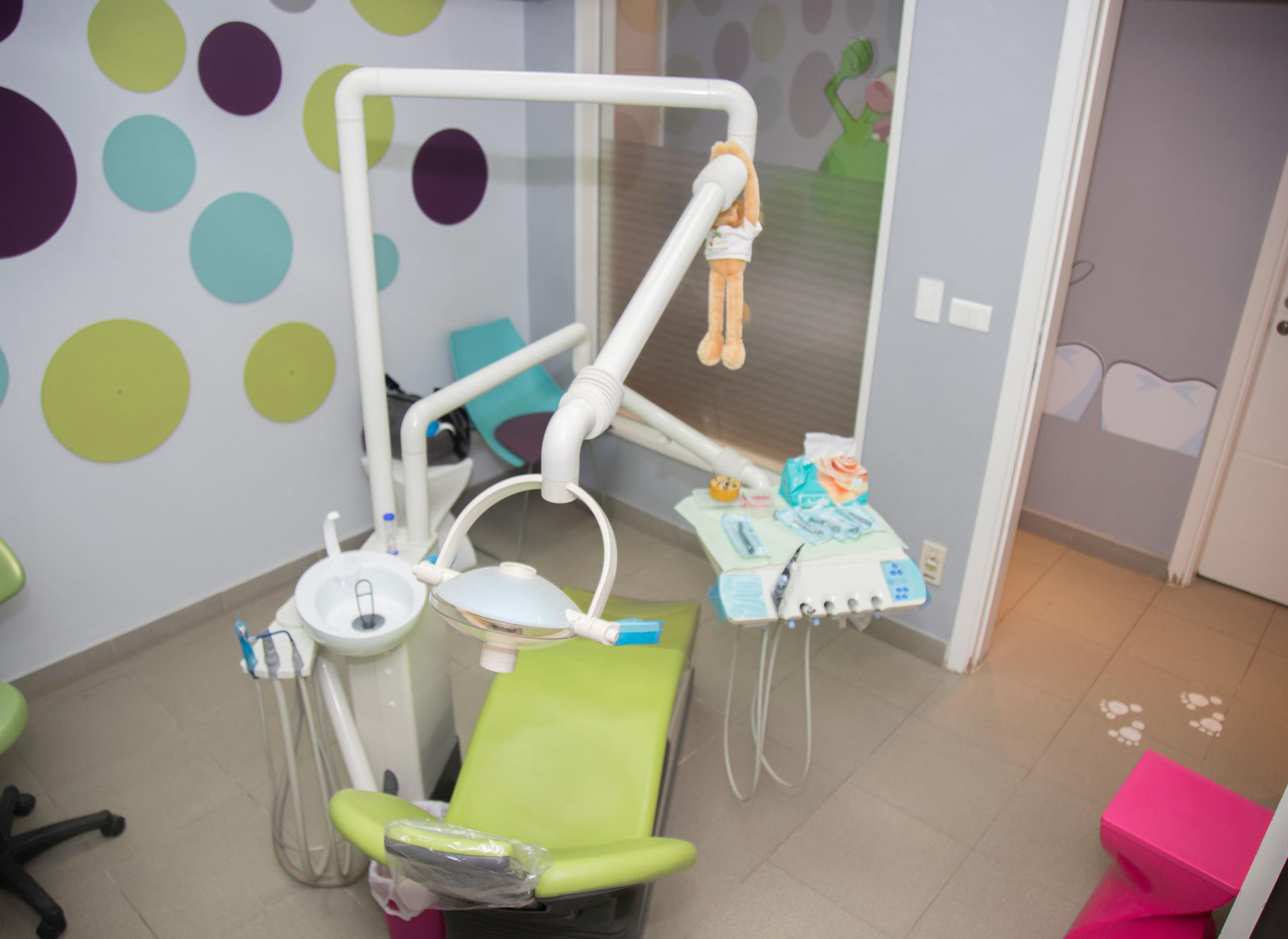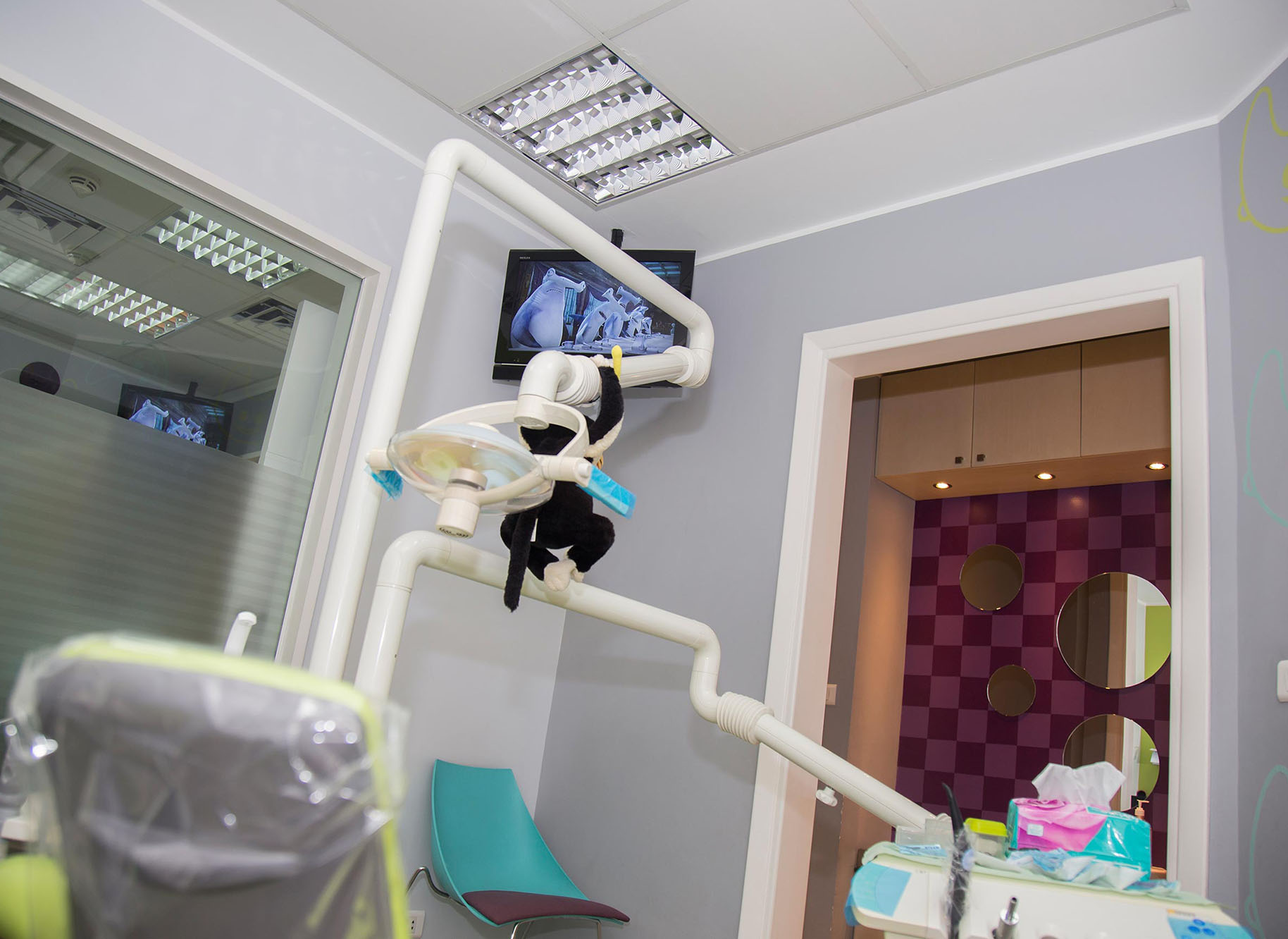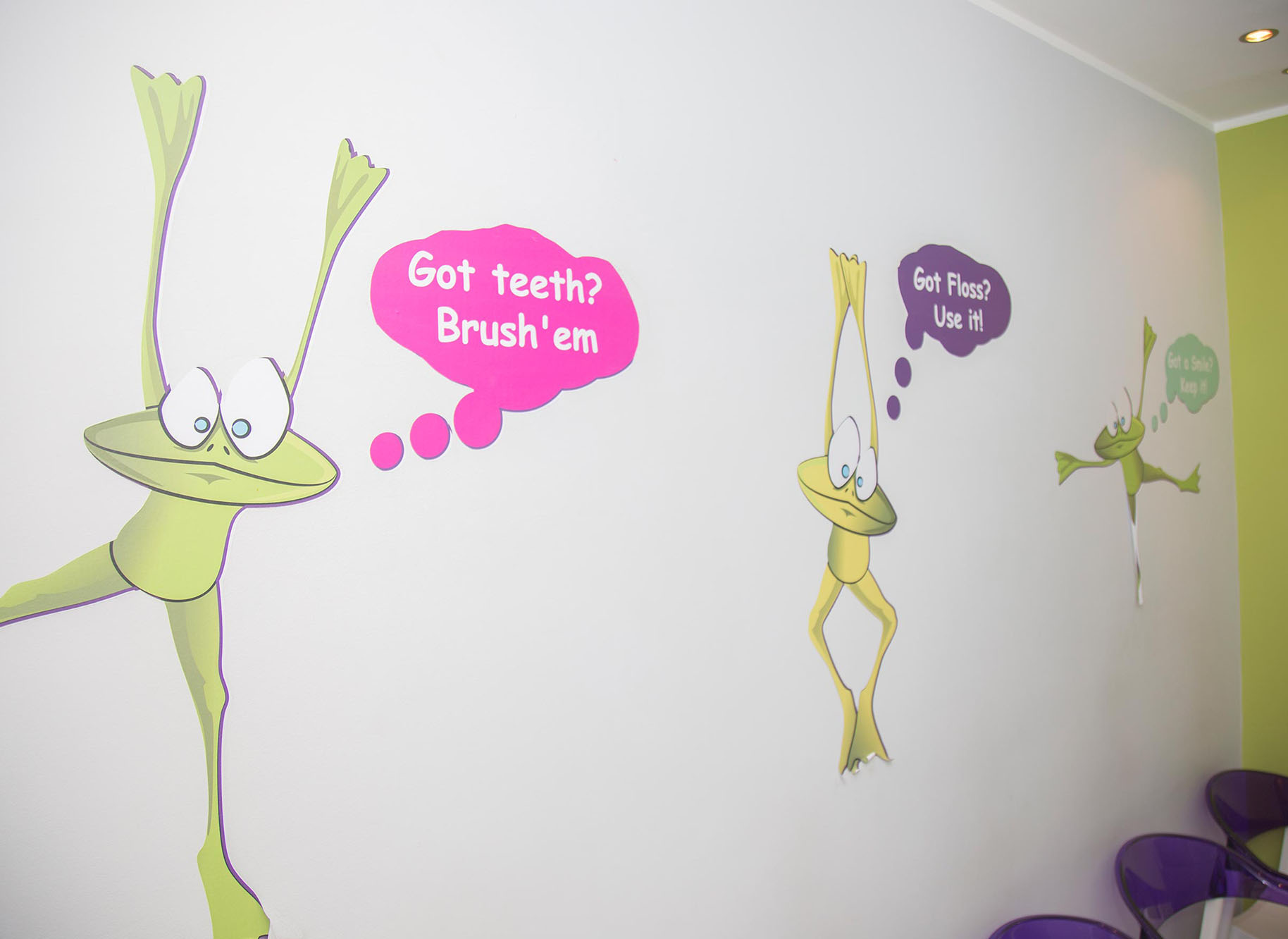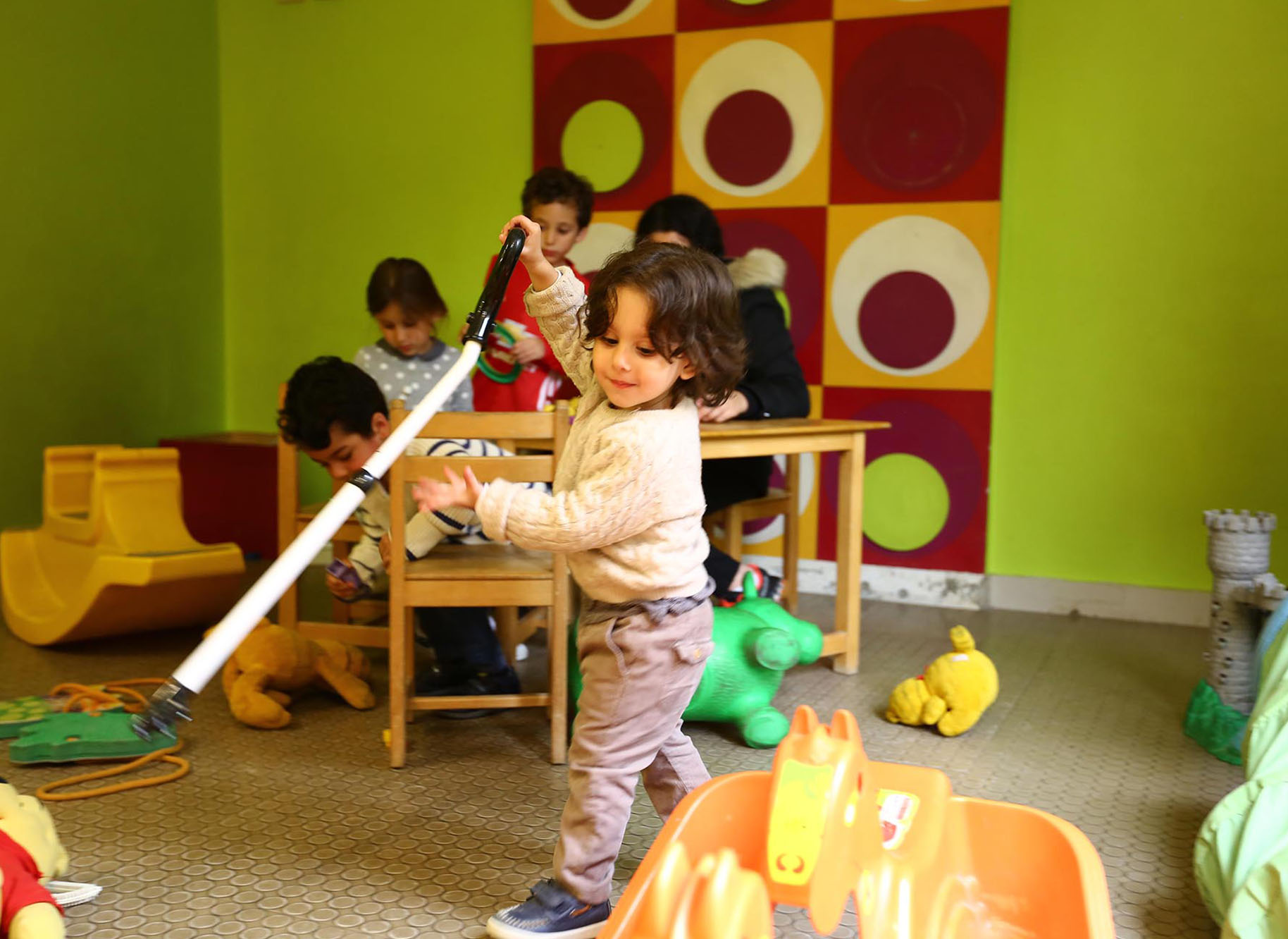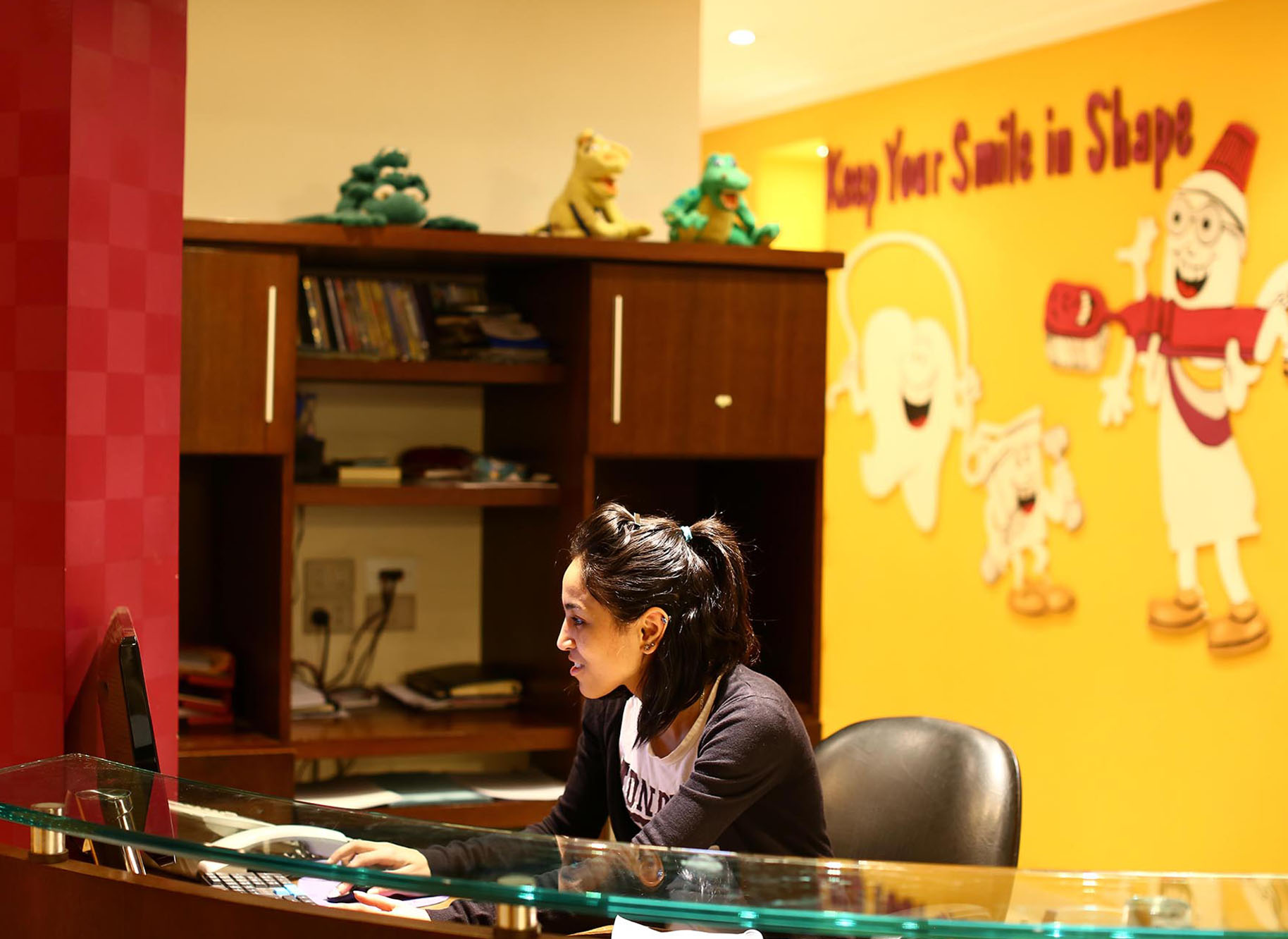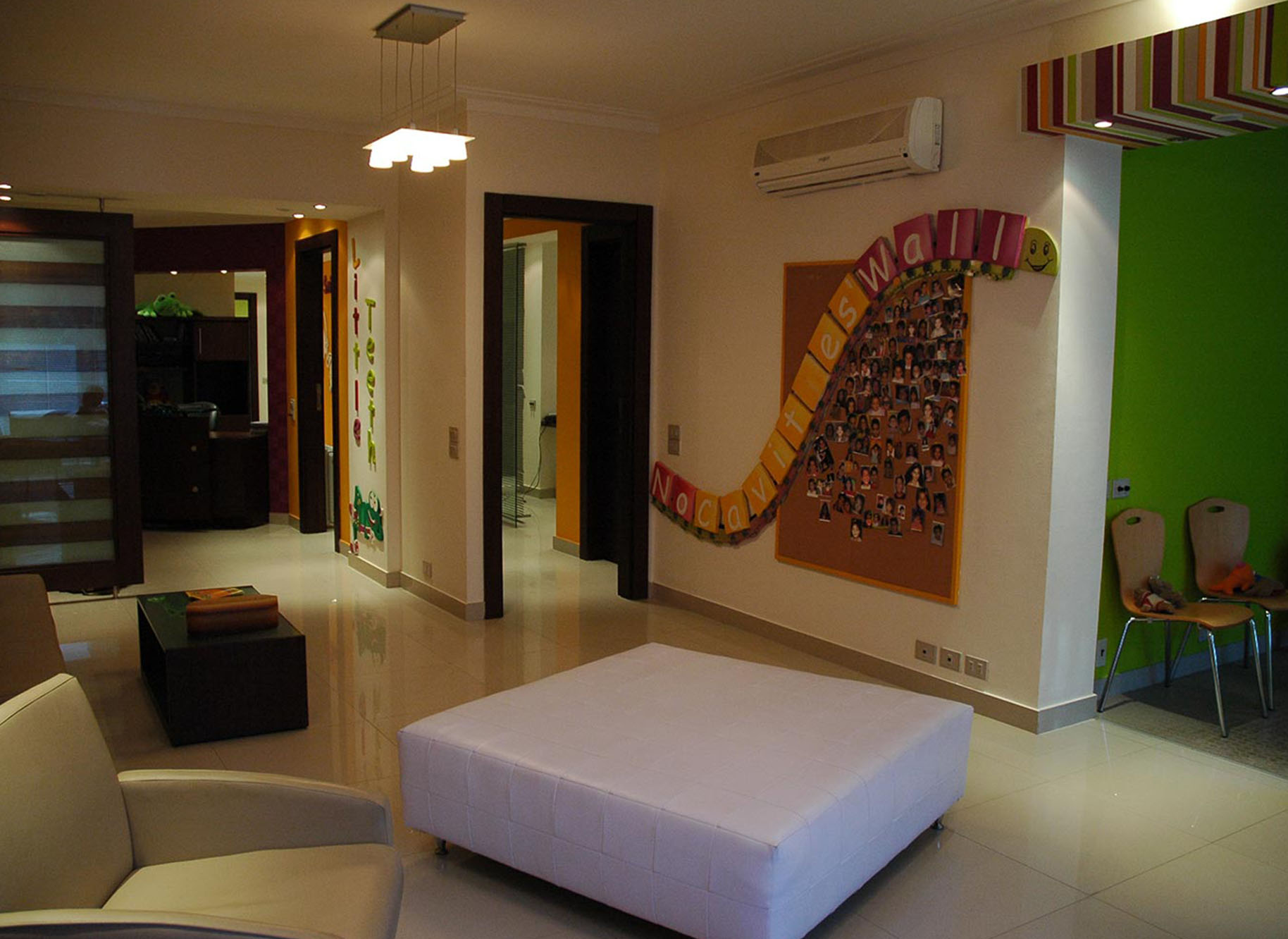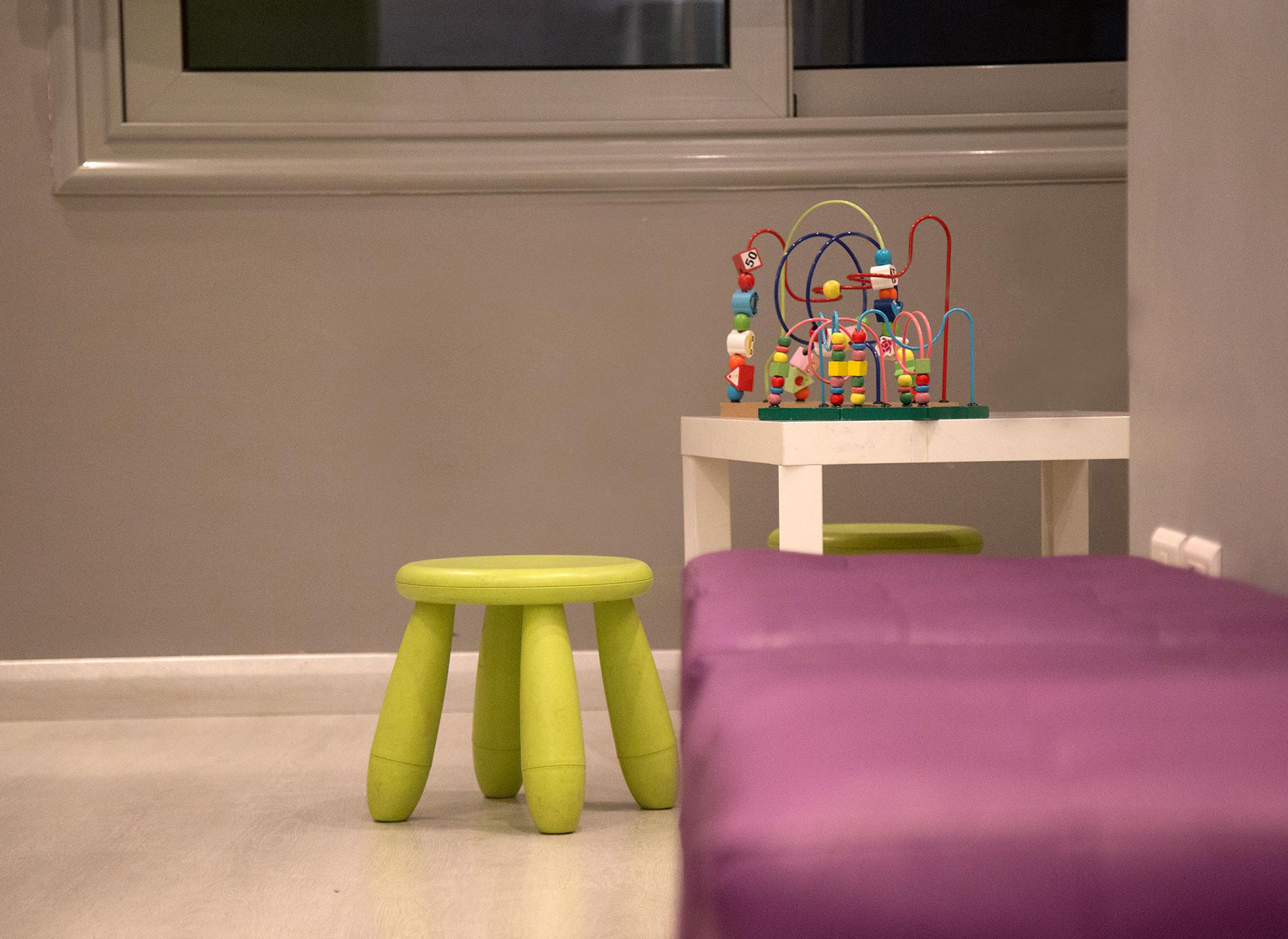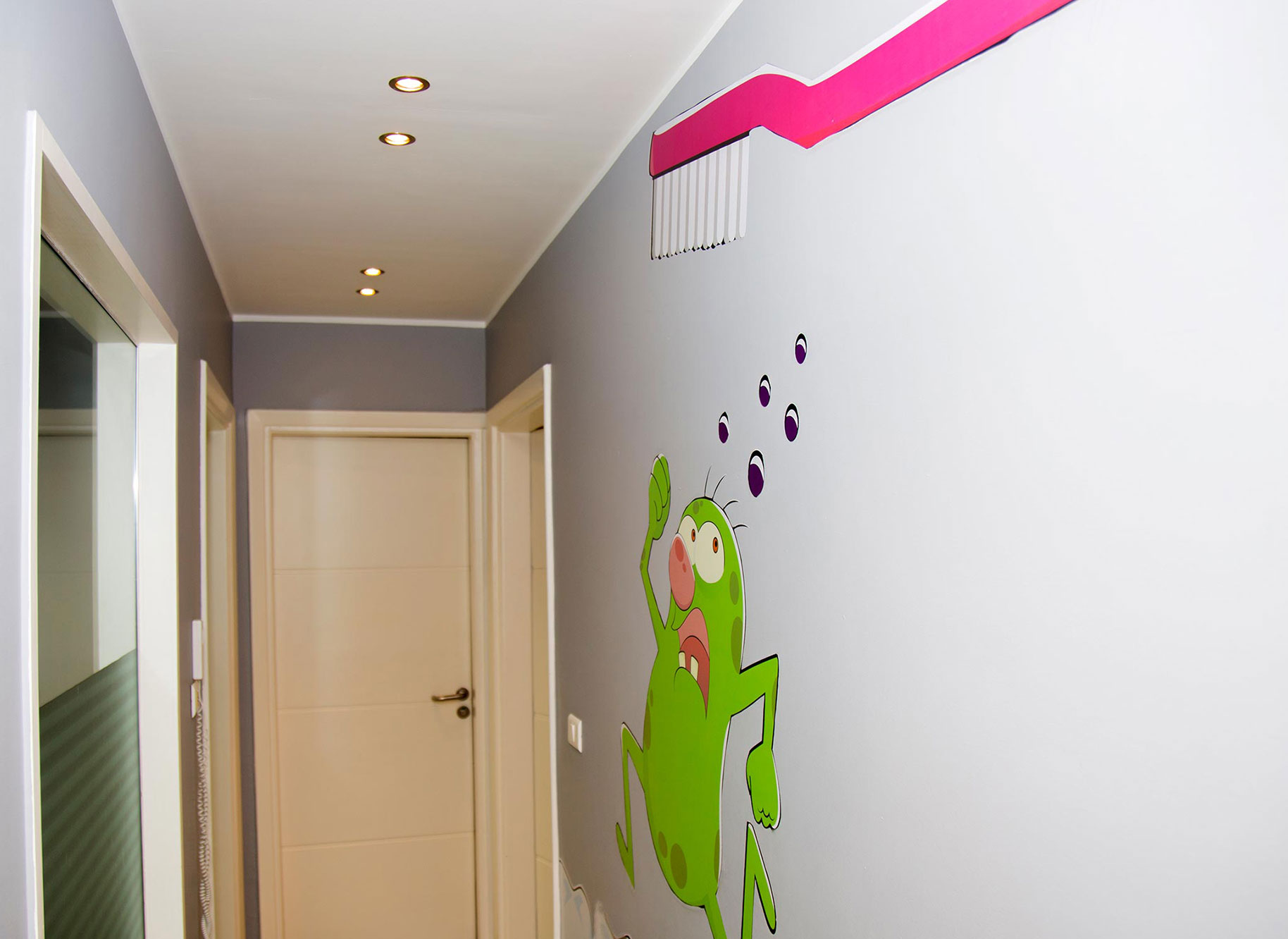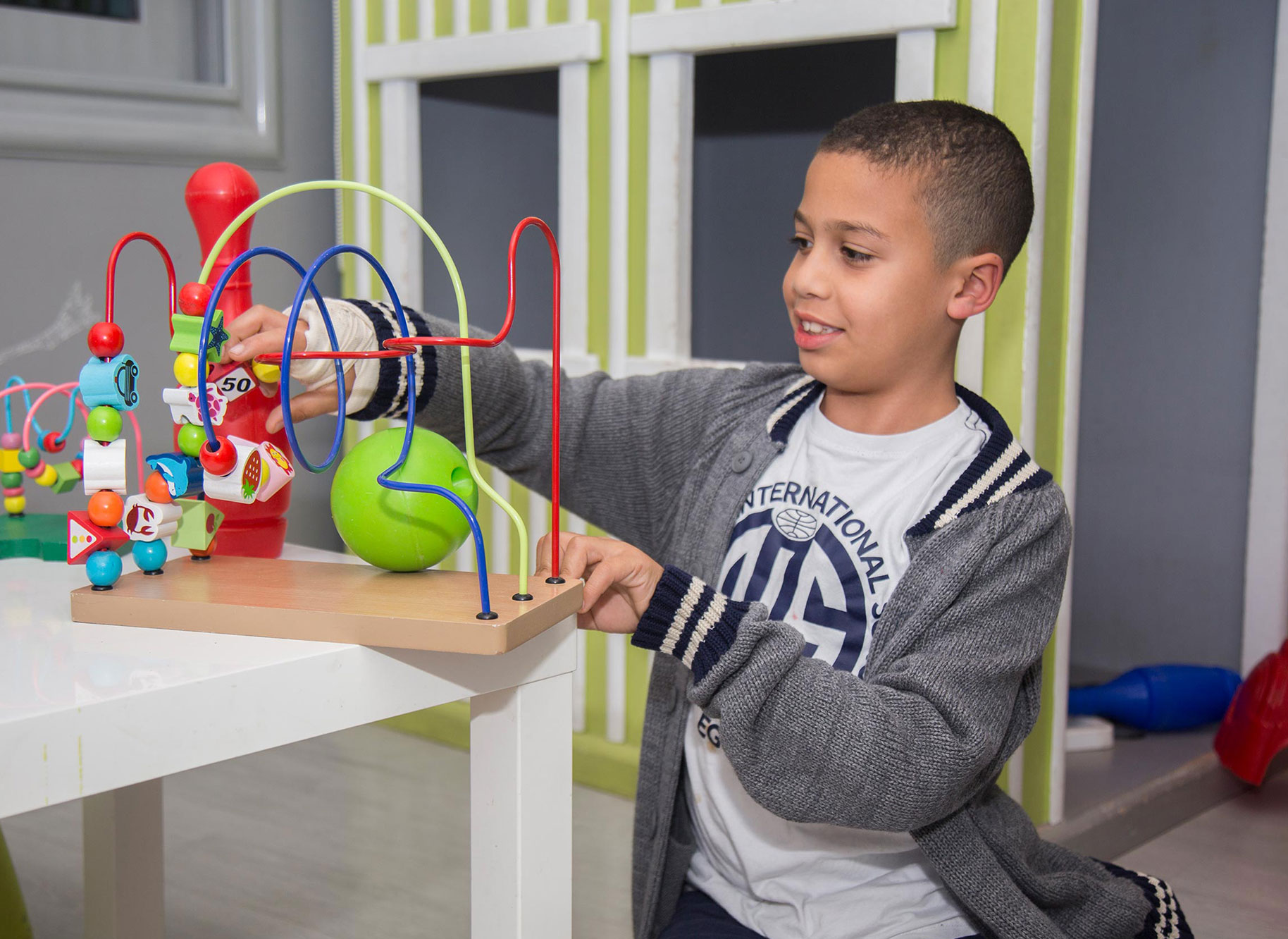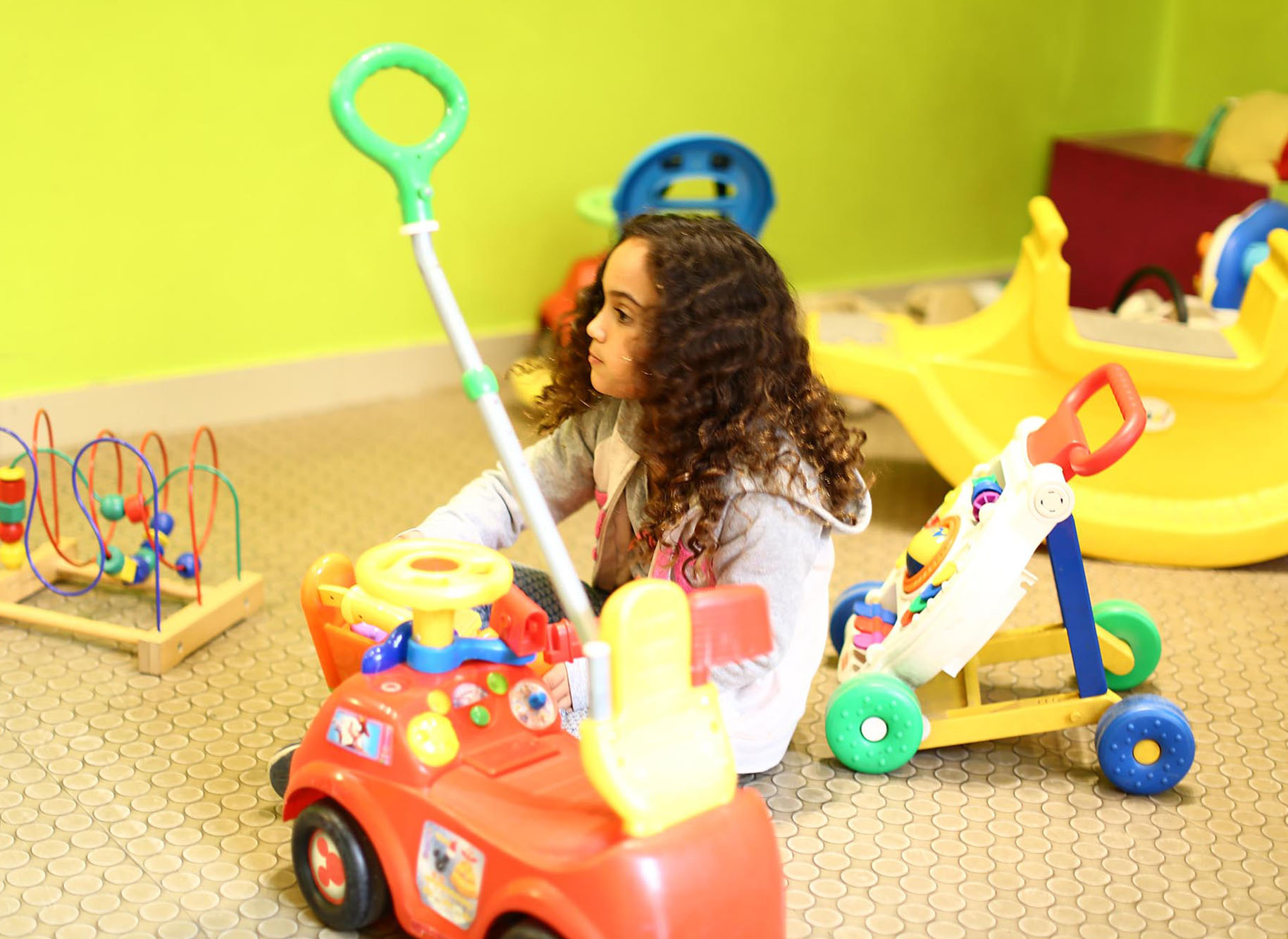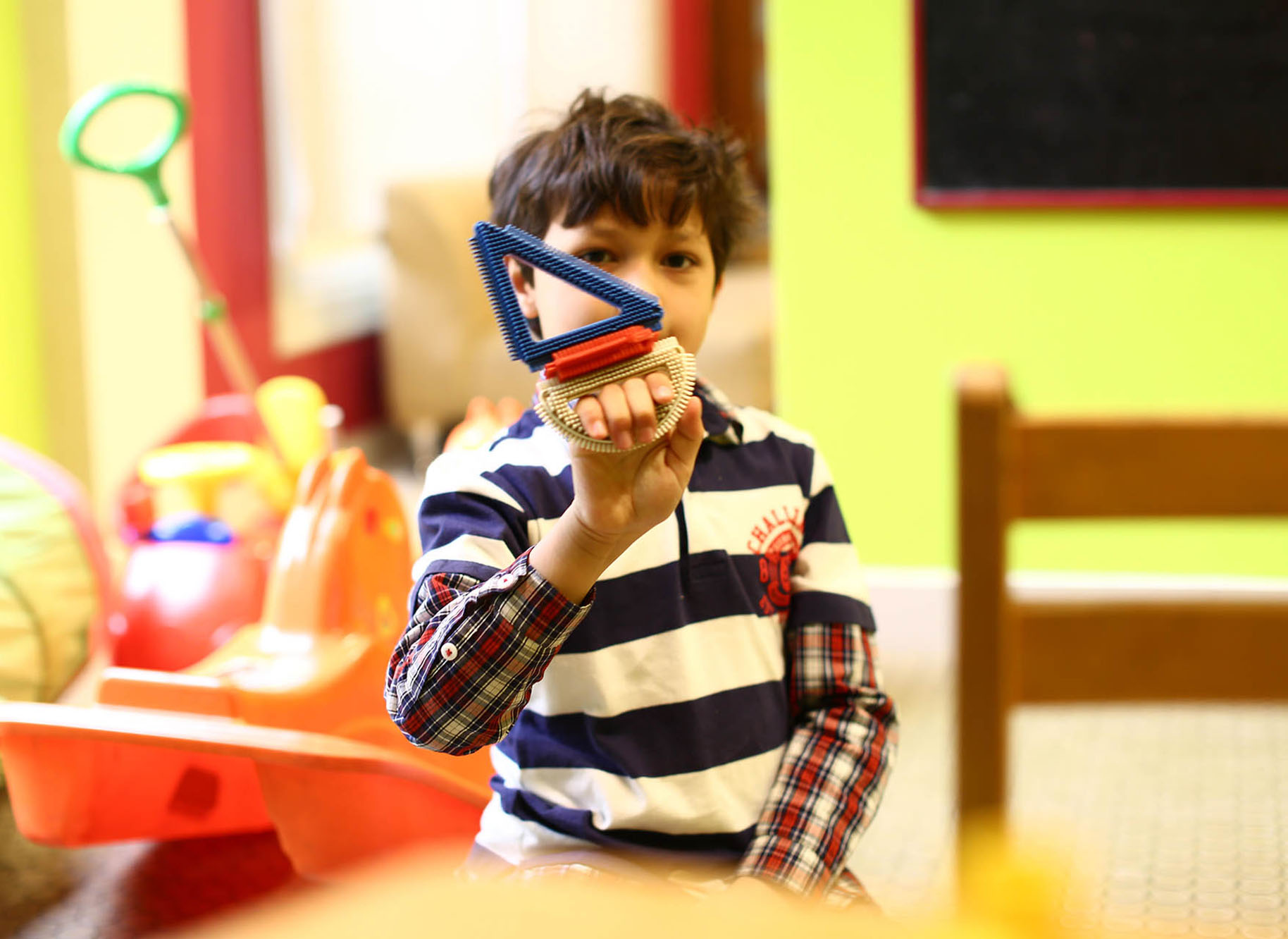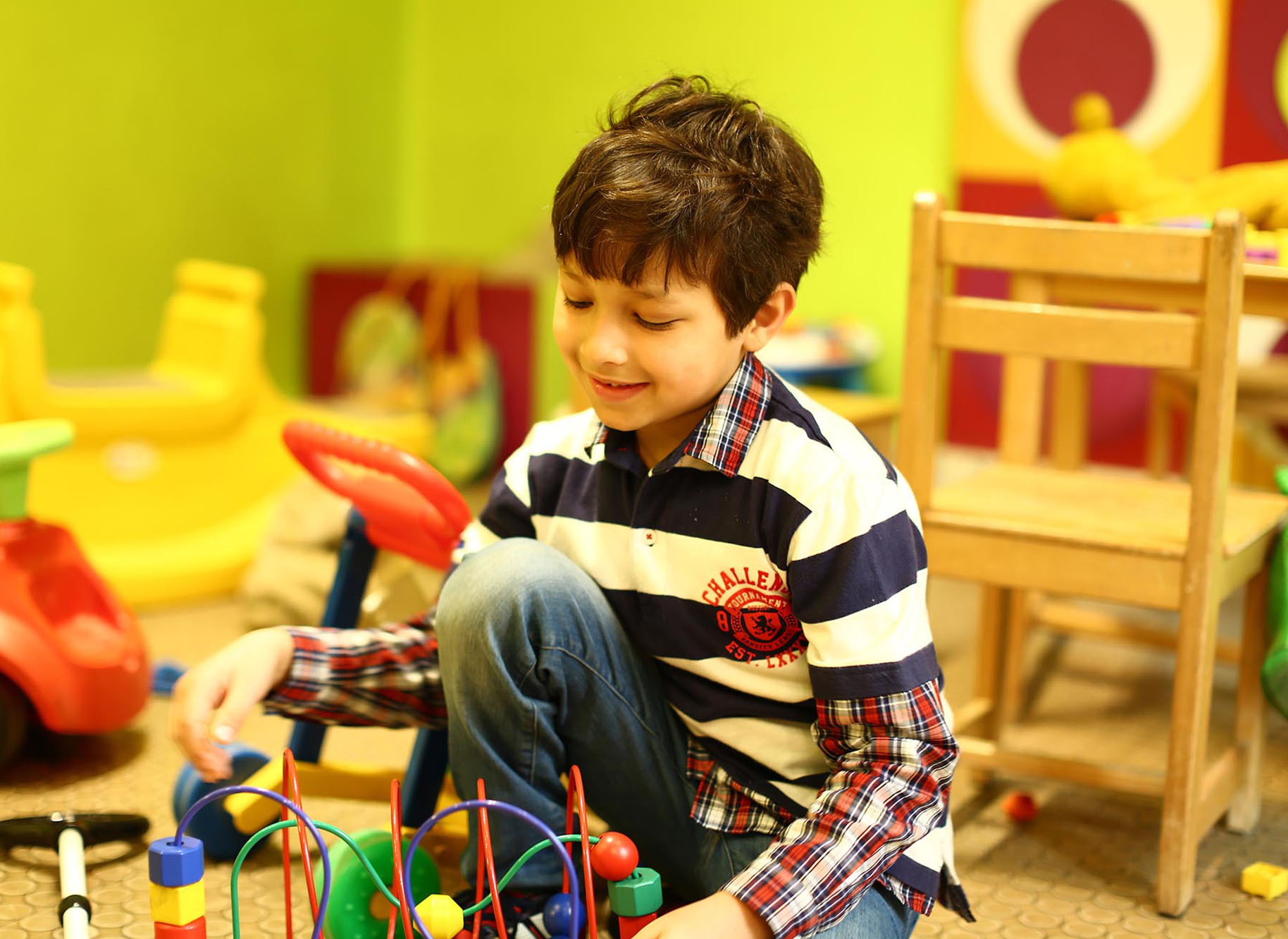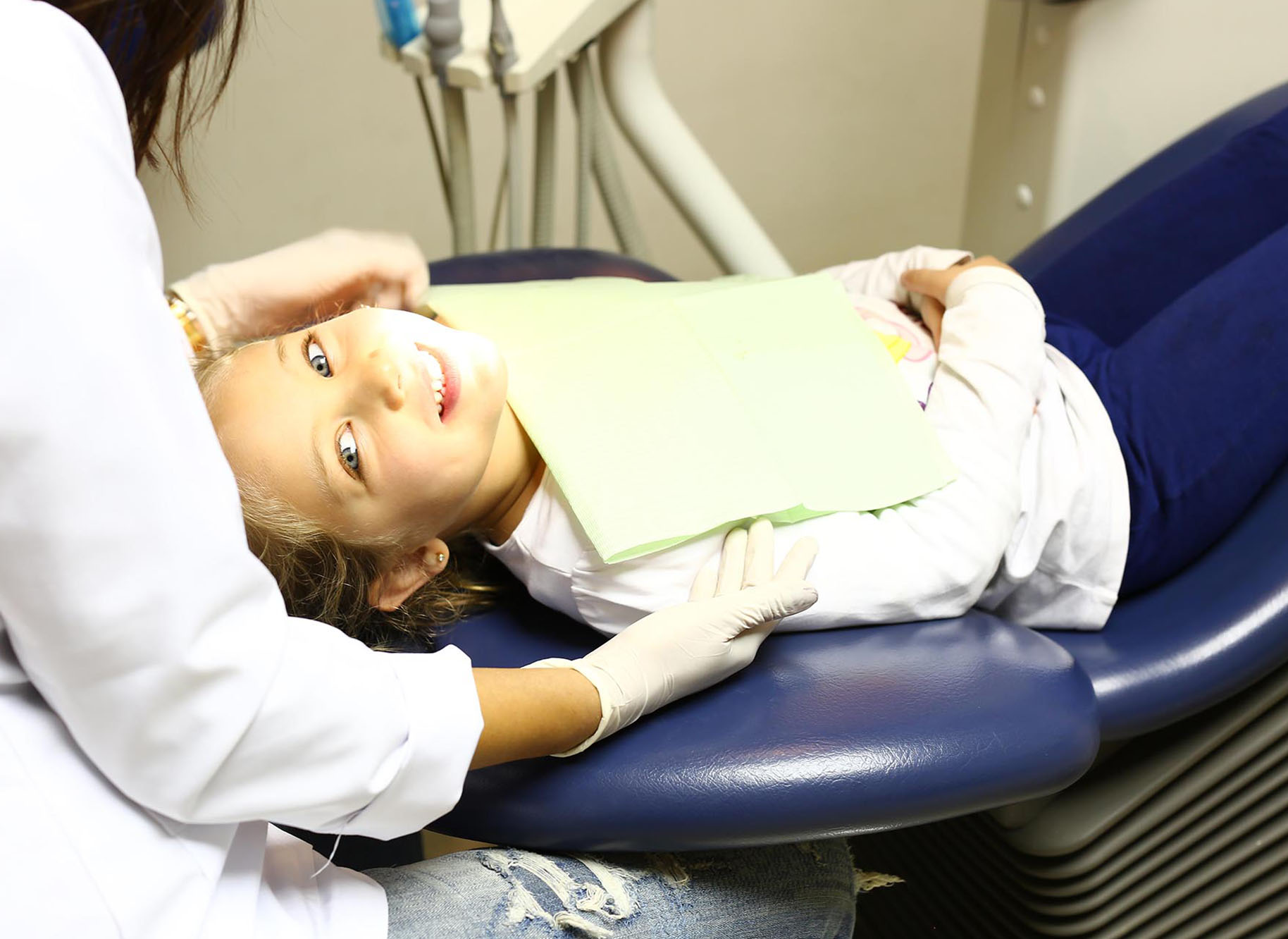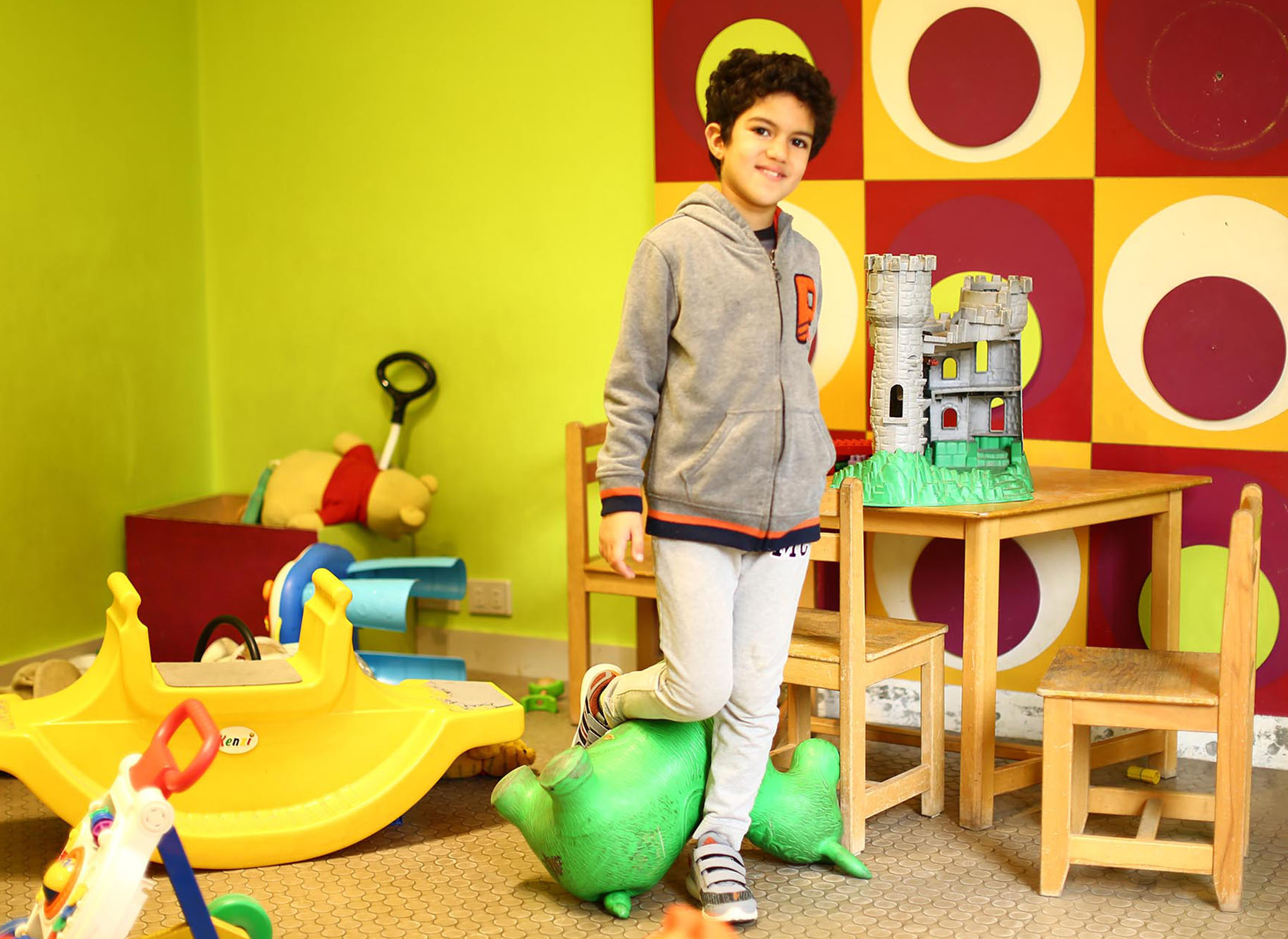When you and your child are comfortably seated in the office, we’ll spend a few minutes getting to know each other and explaining what we will be doing. We will review your child’s health history and then, we’ll perform a gentle examination of the mouth. We will conduct a thorough clinical examination of the palate, gums, tongue and teeth. Radiographs (x-rays) are taken only as they are indicated. .We will be looking for any early signs of dental problems such as tooth decay. Your child’s risk for developing dental caries will be assessed and a prevention plan will be established. Often, this kind of risk assessment can help us prevent — and even reverse — the early stages of tooth decay, without any drilling. We will then discuss our findings with you and answer any questions you may have.
Finally, we will suggest various ways to keep your child’s oral health in top condition. For instance, we may talk about how diet, eating habits and oral hygiene practices can help prevent tooth decay, the most common chronic disease of childhood. That’s an important subject for everyone — even more so if your child is at greater risk. If any treatments (such as fluoride) are needed, we will explain what they are and why we recommend them. We will also review tips on cleaning and brushing effectively, and we’ll schedule a follow-up visit as required.
Many habits are developed early in life. That’s why it’s important to “get it done by age one.” So when it’s time for your child’s first visit… don’t hesitate! You’ll be glad you came in.
